In the realm of animal cognition, self-awareness is a fascinating subject frequently investigated by scientists. One of the key tests to determine self-recognition is the “mirror test,” which reveals an animal’s ability to recognize itself in a reflection. This test has been instrumental in assessing cognitive abilities across various species. Let’s dive into the intriguing world of self-aware animals and explore which creatures can recognize themselves in the mirror.
Chimpanzees Our Closest Relatives

Chimpanzees share a significant portion of their DNA with humans, and it is no surprise they can recognize themselves in mirrors. This ability was first documented in the 1970s by psychologist Gordon Gallup Jr., who marked chimpanzees with a red dot and observed their reactions. The apes showed signs of self-recognition by touching the mark on their bodies rather than the mirror, indicating their awareness of the reflection.
Bonobos The Gentle Apes
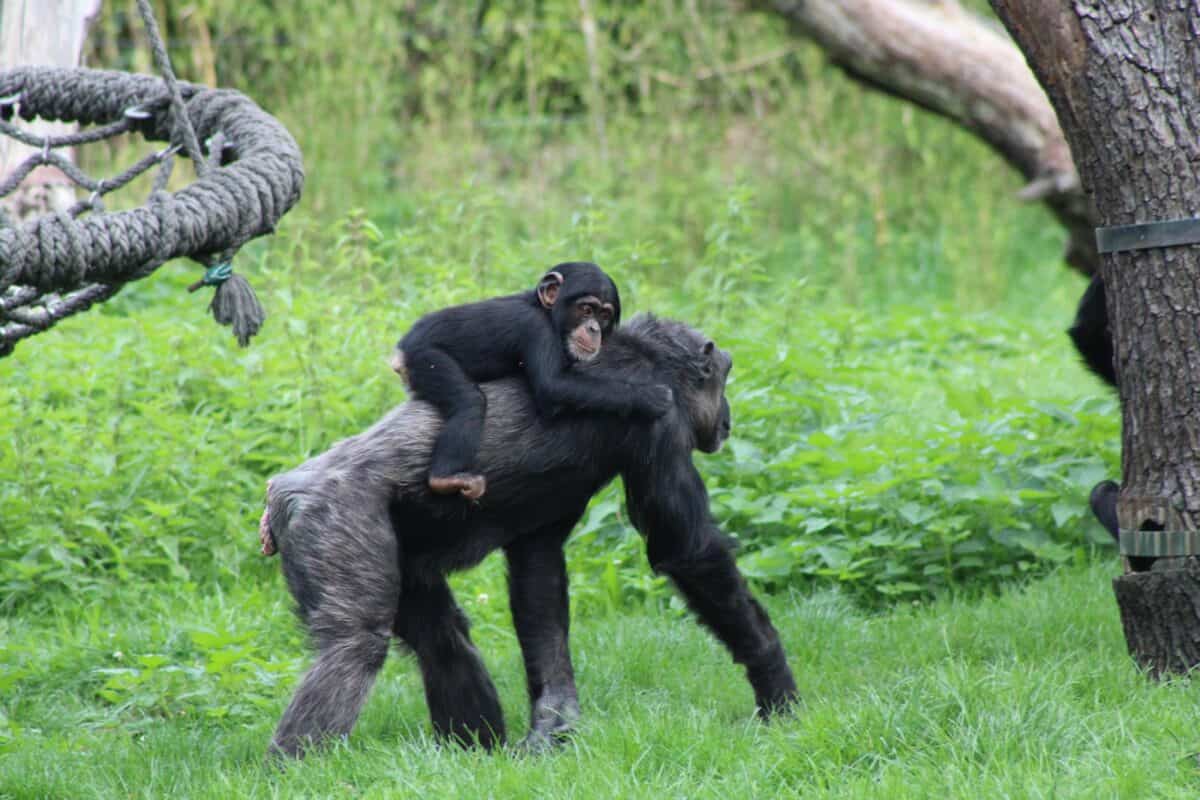
Closely related to chimpanzees, bonobos display similar self-recognition skills. Known for their gentle nature and complex social structures, bonobos also perform well in mirror tests. Their ability to identify themselves in a mirror further underscores their cognitive capabilities, highlighting their close genetic link to humans.
Orangutans The Solitary Thinkers
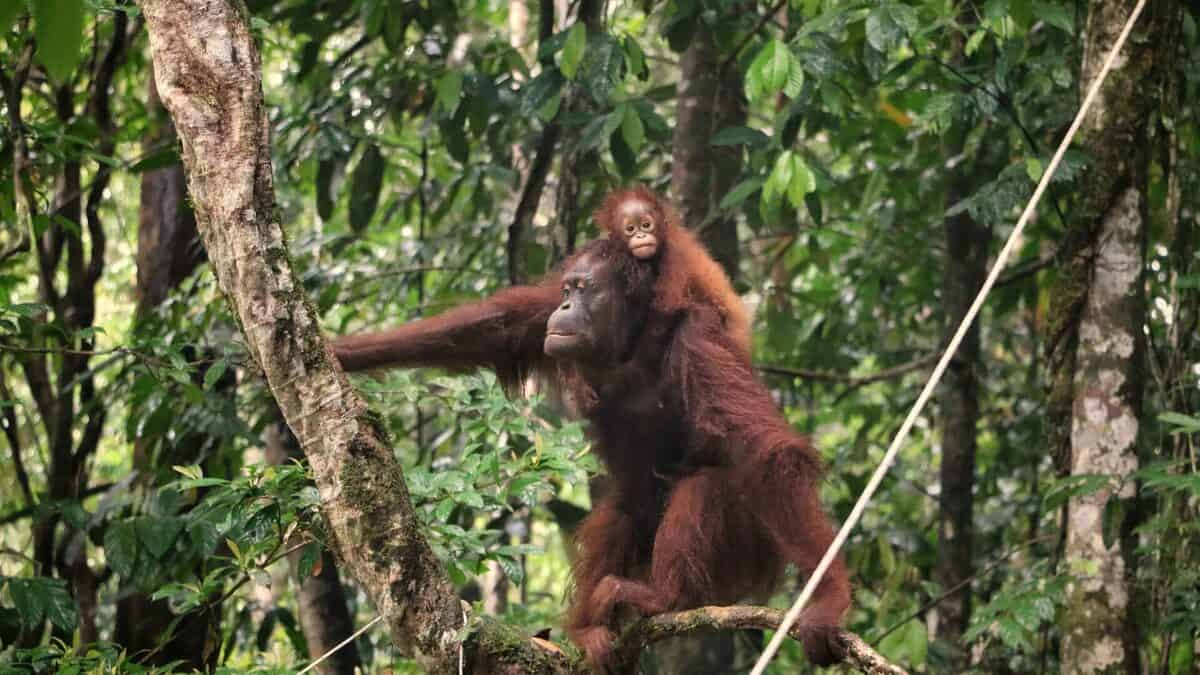
Orangutans are another member of the great ape family capable of self-recognition. These intelligent primates have demonstrated the ability to identify themselves in mirrors by adjusting their body parts and observing changes. The solitary lifestyle of orangutans often involves deep thought, which may contribute to this advanced cognitive ability.
Dolphins Ocean Genius

Among marine creatures, dolphins are renowned for their remarkable intelligence and social complexity. Studies have shown that dolphins can pass the mirror test, exhibiting social behaviors and investigating marks on their bodies when shown their reflection. This suggests a level of self-awareness that is rare among sea life.
Elephants The Gentle Giants

The majestic elephant, known for its memory and emotional depth, is also capable of recognizing itself in a mirror. This ability is demonstrated through the species’ reaction to their reflections, where they use their trunks to explore marks on their bodies. Such behavior indicates a level of self-awareness akin to that of great apes and cetaceans.
European Magpies Feathered Intellects
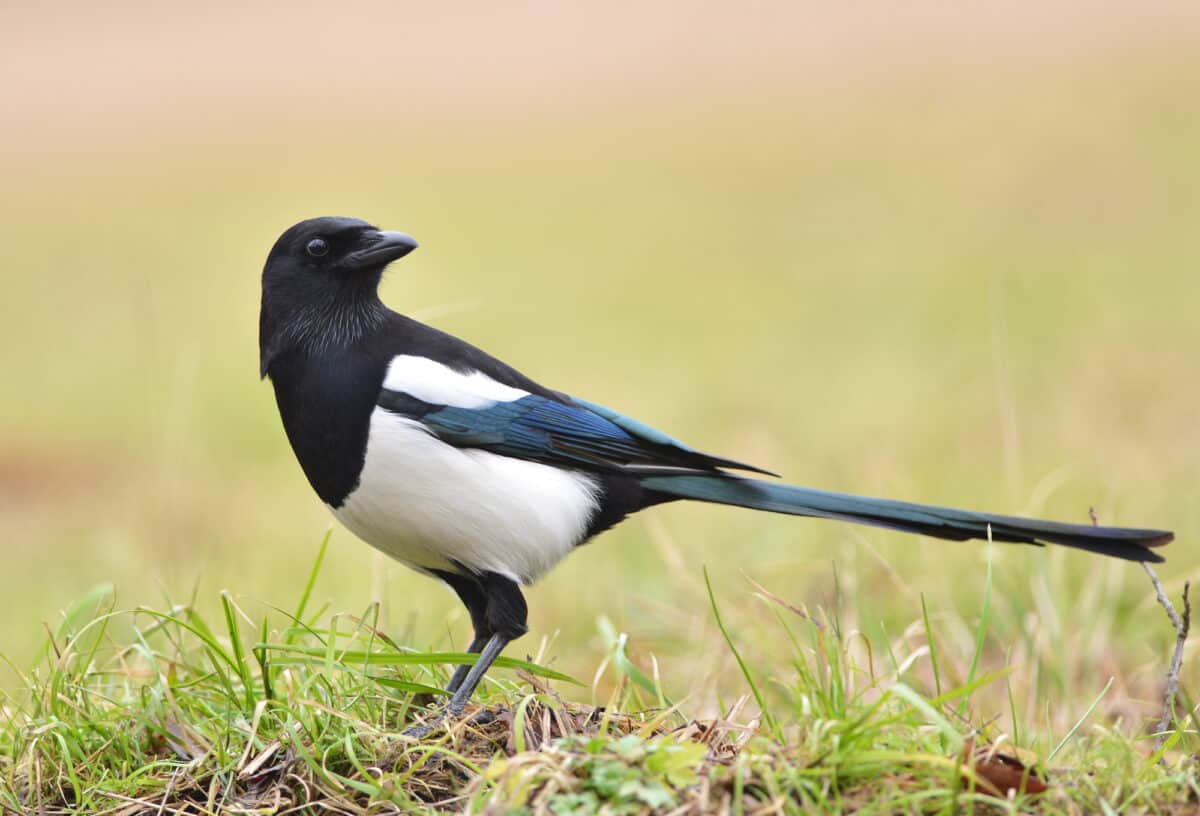
European magpies are among the few avian species to have passed the mirror test. Despite the anatomical differences in bird brains, magpies have demonstrated self-recognition by touching colored stickers placed on their bodies, a sign of cognitive sophistication not commonly seen in birds.
Pigeons Urban Savvy

In contrast to the perception of pigeons as simple city dwellers, these birds have shown an unexpected level of intelligence by passing modified versions of the mirror test. Their ability to identify changes in their appearance reflects an adaptive intelligence that thrives even in urban environments.
Asian Elephants Unique Minds

Aside from the general elephant species, Asian elephants have also shown proficiency in mirror tests. Researchers observed them making purposeful movements and inspecting parts of their bodies that only a mirror could reveal, showcasing this species as a cognitive standout among terrestrial mammals.
Giant Manta Rays Underwater Awareness

Giant manta rays possess one of the largest brain-to-body ratios among fish, making them exceptionally intelligent. New research suggests their ability to recognize themselves in mirrors, as demonstrated by their reaction to their reflected images, which includes detailed inspections and unusual swimming patterns.
Gibbons Ecological Acrobats
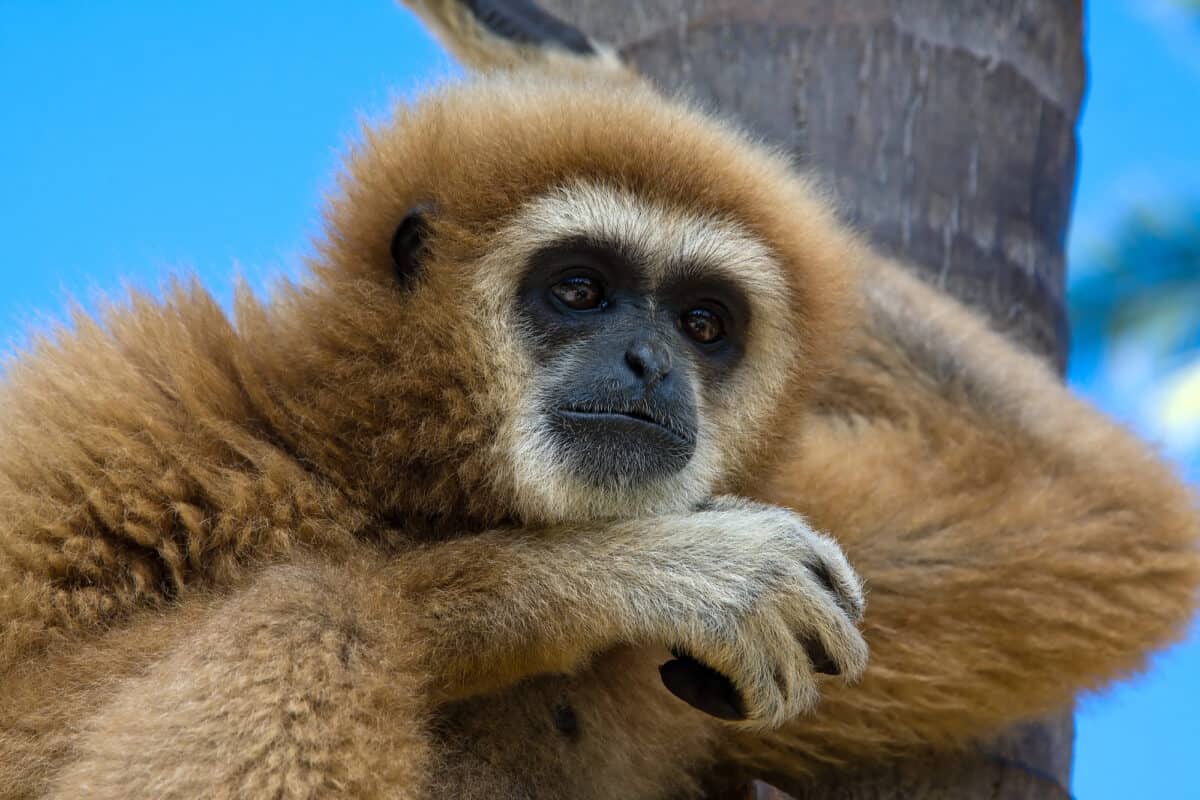
Gibbons are lesser apes renowned for their arboreal acrobatics and unique vocalizations. Although less extensively studied than great apes, certain gibbon species have shown signs of self-recognition, challenging the conventional views of cognitive capability among lesser apes.
Ants Tiny Engineers

Surprisingly, some species of ants have also passed variations of the mirror test. These insects demonstrated understanding of self by cleaning themselves upon recognizing foreign substances in their reflection, pointing to an unexpected cognitive complexity in the insect world.
Bottle-Nose Dolphins Social Savants
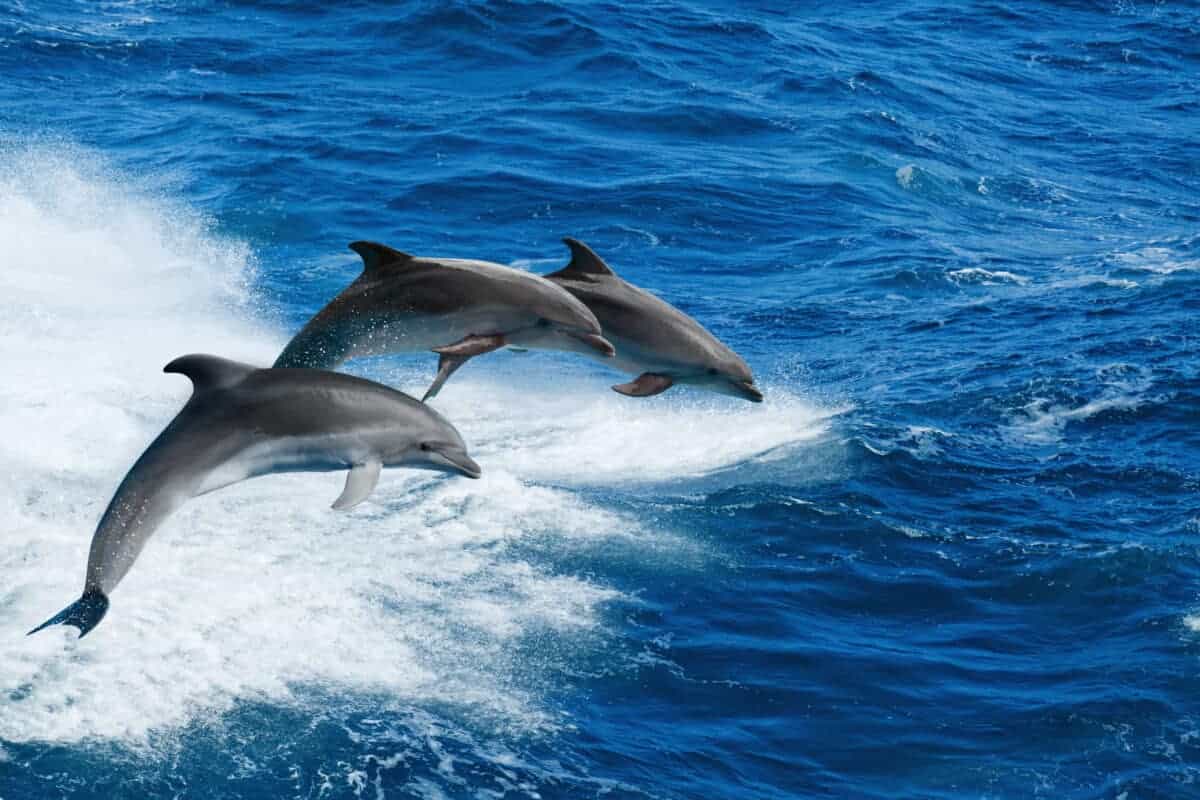
Among dolphins, the bottle-nose variant is known for social intelligence and communication skills. These dolphins not only recognize themselves but also engage in behaviors indicating a complex understanding of their own identity, akin to their human counterparts.
Rhesus Macaques Persistent Learners

Though these primates did not initially pass the mirror test, subsequent research with extensive training and environmental modifications revealed they could eventually learn to perceive their reflections as themselves. This highlights the capacity of rhesus macaques for learning and adaptation.
Self-recognition A Fascination Beyond Science

The study of self-recognition goes beyond mere scientific interest; it challenges our understanding of consciousness and awareness across species. Animals that pass the mirror test offer insights into the evolutionary pathways of cognition, suggesting that self-recognition may have developed independently in different evolutionary lines.
Conclusion

In conclusion, the ability to recognize oneself in a mirror is not a trait unique to humans. As we’ve explored these 15 fascinating animals, it becomes clear that self-awareness is a complex trait shared across diverse species, pointing to a deep evolutionary root of cognition and consciousness. Such studies continue to enrich our understanding of the animal kingdom and our place within it, offering profound insights into the nature of intelligence and awareness.
- The Secretary Bird A Raptor That Hunts on Foot - August 9, 2025
- 10 Dog Breed Restrictions That Stir Controversy in U.S. States - August 9, 2025
- 13 Animals That Outsmart Their Predators - August 9, 2025

